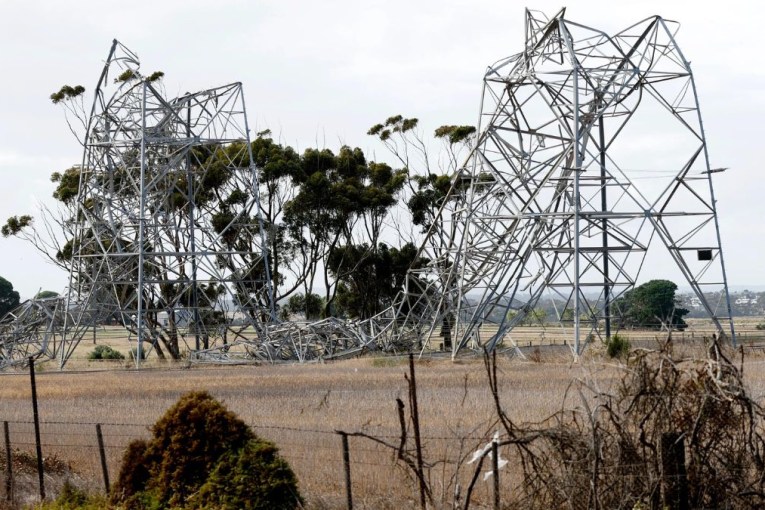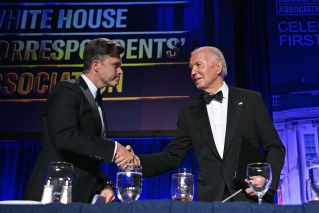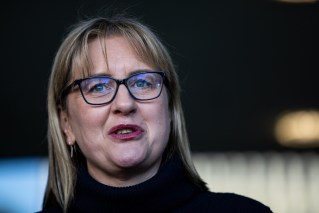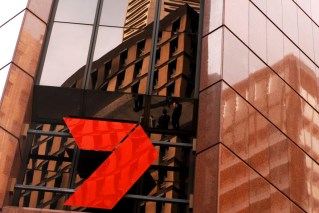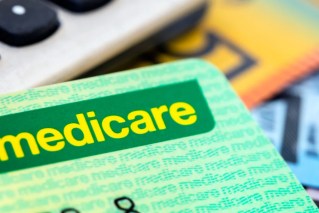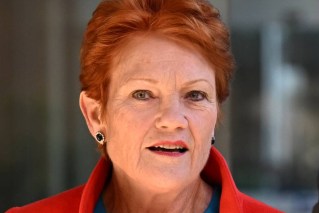How to win an Australian election with one weapon: Memes

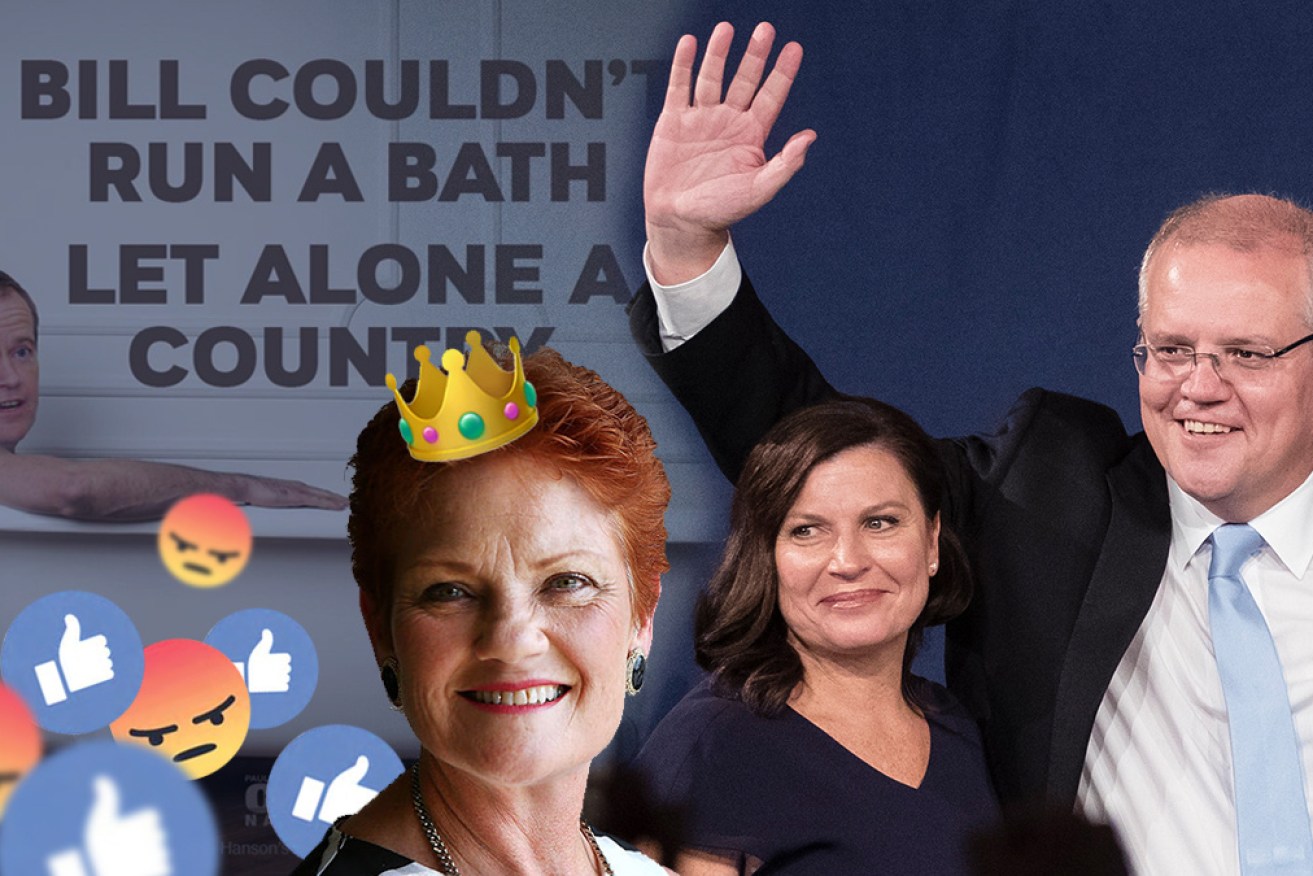
Should the use of political memes be policed? Picture: TND
The “weaponising” of memes was an unexpected hallmark of the 2019 federal election campaign, with social media posts on Game Of Thrones and chocolate found to be highly effective in securing Australia’s top job.
But there have also been calls for greater scrutiny and oversight on such content before the Eden-Monaro by-election on Saturday, which may fall outside the guidelines on political advertising, with “deliberately deceptive” memes on the rise.
Morrison’s Miracle, a new book giving a post-mortem of the Coalition’s unexpected May 2019 election win, will be released on Thursday.
The book’s final chapter looks at the election’s cartoons, satirical videos and social media, finding memes an unexpectedly critical feature of the campaign.

One of the campaign’s most “effective” memes, according to Dr Leon.
In their more popular forms, memes may be riotously funny or silly, but in their ‘weaponised’ political form, they can be potent at highlighting an opponent’s weaknesses and negatives.
“It is material that can make or break today’s campaigns,” said the chapter’s author, Dr Lucien Leon of the Australian National University’s School of Art & Design.
His analysis found anti-Labor memes were among the most potent of the campaign, fitting alongside previous research findings that the Liberal Party generated far more video views and social media interactions than Labor.
ANU Emeritus Professor Marian Sawer said it was a sign of campaigning patterns shifting, despite online campaigning being “regarded as a forte of the left”.

A post shared by the Innovative And Agile Memes page in April 2019.
“The Greens and social democratic parties all got into digital campaigning ahead of the centre right but in 2019, the Liberal Party did much better than Labor in terms of a digital presence,” Professor Sawer said.
One Nation and Clive Palmer’s United Australia Party also ended up “making big wins with GIFs and memes”.
“This reflected a global shift whereby radical right parties and organisations were more than matching the left in their use of digital technology.”
Dr Leon singled out memes targeting former Labor leader Bill Shorten among the most “effective”, despite many connected to ‘death tax’ claims were found to be vastly exaggerated or patently untrue.
He says they reinforced existing perceptions of Labor and its leader and capitalised on rising apathy towards politics in wider Australian society.
“The capacity for memes to reinforce insular online communities – or echo chambers – and spread misinformation was key to the 2019 campaign,” Dr Leon said.
“The Coalition was able to gather up Labor’s tax policies, including franking credits, and neatly package them as a retiree tax.
By the time Labor politicians tried to explain in simple terms what franking credits were, voters had stopped listening.’’
A year on from the election, a peek at the Facebook output of the major parties shows lessons have been taken from their respective social media scorecards.
Ahead of this weekend’s by-election in the NSW seat of Eden-Monaro, which Labor is trying to retain, the ALP has shared a number of posts attacking the government’s funding of the ABC, with at least eight memes in the past week alone.
Things have remained relatively clean in Eden-Monaro between major candidates Fiona Kotvojs and Kristy McBain.
Dr Leon highlighted graphics produced not only by parties but standalone political meme pages on social media, unaffiliated or loosely affiliated with parties.
Six Facebook groups – ‘ALP Spicy Meme Stash’, ‘The Simpsons Against the Liberals’, the Coalition-supporting ‘Innovative and Agile Memes’, ‘Clive Palmer’s Put Australia First’, ‘Australian Green Memes for Actually Progressive Teens’ and ‘Australian Young Greens’ – with a combined following of 500,000 people were responsible for more than 600 memes through the election.
“This was the first election where memes started to become really weaponised by authors who weren’t political cartoonists,” Dr Leon said.
Widespread mocking of Tony Abbott’s delight at finding a street library in his former electorate of Warringah became one of the most popular memes of the campaign – his exclamation “I’ve never seen anything like this” being lampooned across social media.
If only there was a politician who could explain this to me. pic.twitter.com/ljzesn3bQA
— Craig Reucassel (@craigreucassel) March 21, 2019
But Dr Leon said many of the most “effective” memes took direct potshots at Mr Shorten, including a One Nation graphic claiming “Bill couldn’t run a bath let alone a country”.
Analysis from social media data service CrowdTangle found Pauline Hanson had one of the biggest interaction rates on her Facebook posts of any leader, in terms of comments, interactions and views.
But one rising concern, many memes are not created by parties – a development that Dr Leon and Dr Sawer say needs attention.
Because such images aren’t produced by parties, they may not be subject to the same rules of traditional political advertising.
“It’s not a positive thing when any political information or material is so deliberately deceptive, like the death tax memes,” Dr Leon said.
“It’s a bit insidious. To all intents and purposes, it’s propaganda.”
